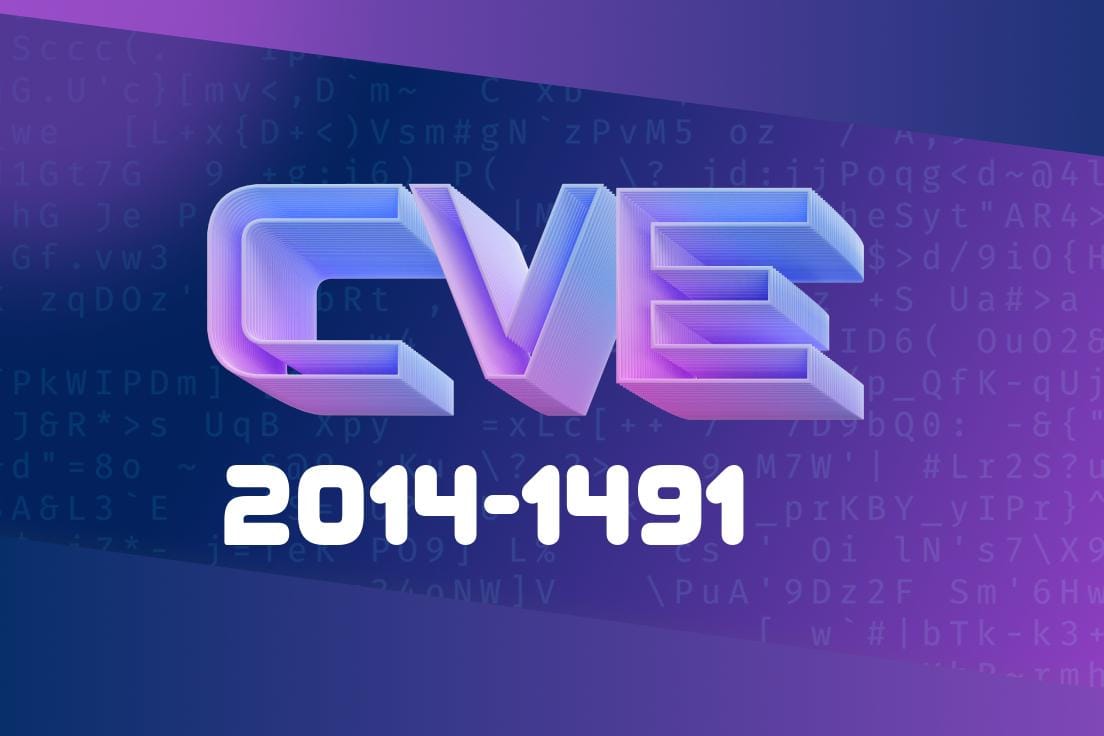Mozilla’s Network Security Services (NSS) library, a backbone of cryptography in Firefox, Thunderbird, and SeaMonkey, was found in early 2014 to have a subtle but severe vulnerability tracked as CVE-2014-1491. Until patched in version 3.15.4, this bug left web users exposed to attackers who could weaken or bypass the cryptographic protections in encrypted communications.
This post explains the bug in plain language, shows where the issue lay in code, references the essential links, and gives insight into what a real exploit could look like.
What CVE-2014-1491 Is All About
To protect data over the internet, browsers like Firefox use complex mathematical exchanges—like the Diffie-Hellman key exchange—to agree on secret keys nobody else can guess. For this to be secure, both parties must choose and verify their public values properly.
CVE-2014-1491 stems from a failure in NSS to ensure these public values are correctly restricted. This means an attacker could supply weak or special values which break the security guarantees, making it easier for them to read or change encrypted information—specifically related to how session tickets were protected.
Where Was The Problem?
The core of the issue lies in how NSS handled the public values (let's call them Y) in the Diffie-Hellman handshake. Instead of checking that the received value was valid (not equal to 1 or , not greater than the prime, etc.), NSS just accepted whatever it got.
Example Flawed Diffie-Hellman Exchange (Simplified for Clarity)
// Hypothetical flawed code snippet
SECStatus
ssl3_HandleDHClientKeyExchange(sslSocket *ss, ...) {
// (Setup code omitted)
// Step: receive the client's public value (Y)
rv = SECITEM_CopyItem(NULL, &pubValue, &dh_Yc);
// MISSING: Check if pubValue is in the valid range!
// if (pubValue <= 1 || pubValue >= dhPrime) {
// return SECFailure;
// }
// Continue to compute the shared secret...
}
What’s missing: Check that pubValue is greater than 1, less than the prime, and not a weak value. Without this, attackers can send dangerous values.
What Could Attackers Do?
The main danger is an attacker sending a *malicious public value*—like 1 or the modulus itself—during the handshake. This can reduce the strength of the shared secret to something the attacker knows or can easily compute, undermining confidentiality.
Now attacker knows the shared secret—communication can be decrypted or manipulated.
Result: Session ticket protections can be bypassed because the key isn’t secret anymore.
Original References
- Mozilla Security Advisory: MFSA 2014-05
- Bugzilla Report: Bug 958326
- CVE Details Page: CVE-2014-1491
- NSS Release Notes: NSS 3.15.4
A Simple Exploit Sketch
Imagine we want to demonstrate the issue using Python and Scapy or custom TLS code (for learning only!). Here’s a pseudo-code snippet for sending a DH public value of 1:
from scapy.all import *
# Build a fake TLS handshake message
fake_dh_public = b'\x01' # Just the byte 1, standing for value 1
packet = build_tls_handshake(
dh_public_value=fake_dh_public,
# ...other handshake fields...
)
# Send packet to vulnerable server
send(packet)
# Expect to see weak handshake, possibly allowing decryption afterward
*Note: This is highly simplified and for educational purposes; actually building a real exploit would require deeper protocol knowledge and libraries.*
How Was It Fixed?
Mozilla fixed this by adding strict range checks on received Diffie-Hellman public values. Any value not in the safe, expected range is now rejected and the handshake fails.
Patched code (similar logic)
if (BN_cmp(pubValue, BN_value_one()) <= ||
BN_cmp(pubValue, dhPrime) >= ) {
// Reject unsafe public values
return SECFailure;
}
What Can You Do?
- Upgrade your browser—make sure Firefox, Thunderbird, SeaMonkey, and any NSS-using software is on a safe version.
Security test your systems for compliance with cryptographic protocol best practices.
- If you run servers, enable modern TLS/SSL stacks and consider disabling weak cipher suites.
Conclusion
CVE-2014-1491 is a classic example of how a missing check in cryptographic code lets attackers bypass security in real-world applications. While subtle, its impact could have been huge if exploited widely.
Protection? Always keep software up to date, stay aware of security bulletins, and don’t assume your crypto code is foolproof—especially when it comes to accepting values from the network!
#### Want to dig deeper? Check out the official bug report: Bugzilla 958326, or read the NSS release notes for details on what changed.
Timeline
Published on: 02/06/2014 02:00:00 UTC
Last modified on: 11/25/2025 17:50:16 UTC
